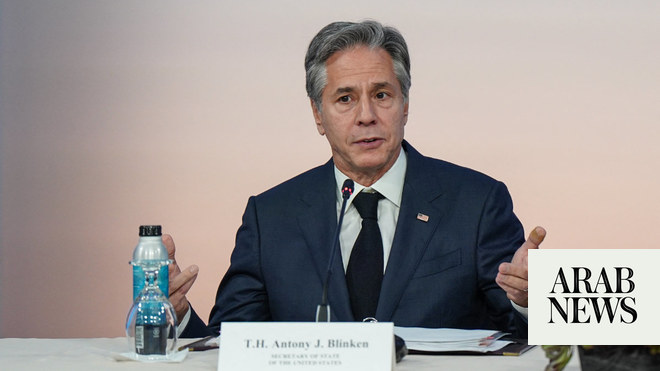
The United States has reached an agreement in principle with Iraq to extend for 90 days an exemption to sanctions against Iran, allowing Baghdad to keep importing Iranian gas that is critical for Iraqi power production.
President Donald Trump reimposed crippling unilateral sanctions on Irans energy and finance sectors on November 5 following his May decision to abandon a landmark 2015 nuclear deal between major powers and Tehran.
But he gave Iraq a 45-day waiver to continue buying electricity and natural gas to generate it from its eastern neighbor.
Iraq was expected to use that time to submit a plan on how it would wean itself off Iranian supplies.
The extension was reached on Thursday, when the waiver was due to expire, during a visit to Washington by an Iraqi delegation, according to two Iraqi officials with direct knowledge of the negotiations.
In the days leading up to the deadline Thursday, Prime Minister Adel Abdel Mahdi said a delegation of Iraqi officials would travel to Washington to discuss sanctions.
A senior Iraqi government official and a central bank official told Reuters that talks were continuing on Friday to finalize details, including how to pay Iran for energy imports, two sources said.
The Trump administration has said Iraq should not pay Iran in US dollars or euros. A team from Iraq’s central bank joined the delegation to find a solution.
Iraq relies heavily on Iranian gas to feed its power stations, importing roughly 1.5 billion standard cubic feet per day via pipelines in the south and east.
Iraqi officials have said they need about two years to find an alternative source.
Washington has said it wants to roll back Iranian influence in the Middle East, including in Iraq, where Iran holds broad sway over politics and trade.
Iraqi Prime Minister Adel Abdul-Mahdi said on Dec 11 that the United States was working with Iraq on the issue of Iranian gas because it was “linked to a very sensitive issue which is electricity”.
Persistent power shortages fuelled protests this summer in the south of Iraq, which is still reeling from a three-year war against ISIS.
The prime minister, who took office in October, met US Energy Secretary Rick Perry in Baghdad this month. Perry, who came with a delegation of more than 50 business people, also met Iraq’s oil and electricity ministers.
Perry sought to promote US investment in Iraq’s energy sector.
“I’m here to tell you that America and its business community stand ready to assist you,” he said.
Iraq’s new oil minister, Thamer Ghadhban, has made it a priority to capture natural gas instead of flaring it off as a byproduct of crude oil production.
Iraq has reached a deal with US energy giant General Electric and German rival Siemens to install liquefied natural gas-operated mobile power units at some small southern oil fields, Iraq’s state newspaper reported last month.
The Financial Times reported in October that the US government had intervened in favor of GE for a contract sought by both companies to supply 11 gigawatts of power generation equipment, reportedly worth around $15 billion.












